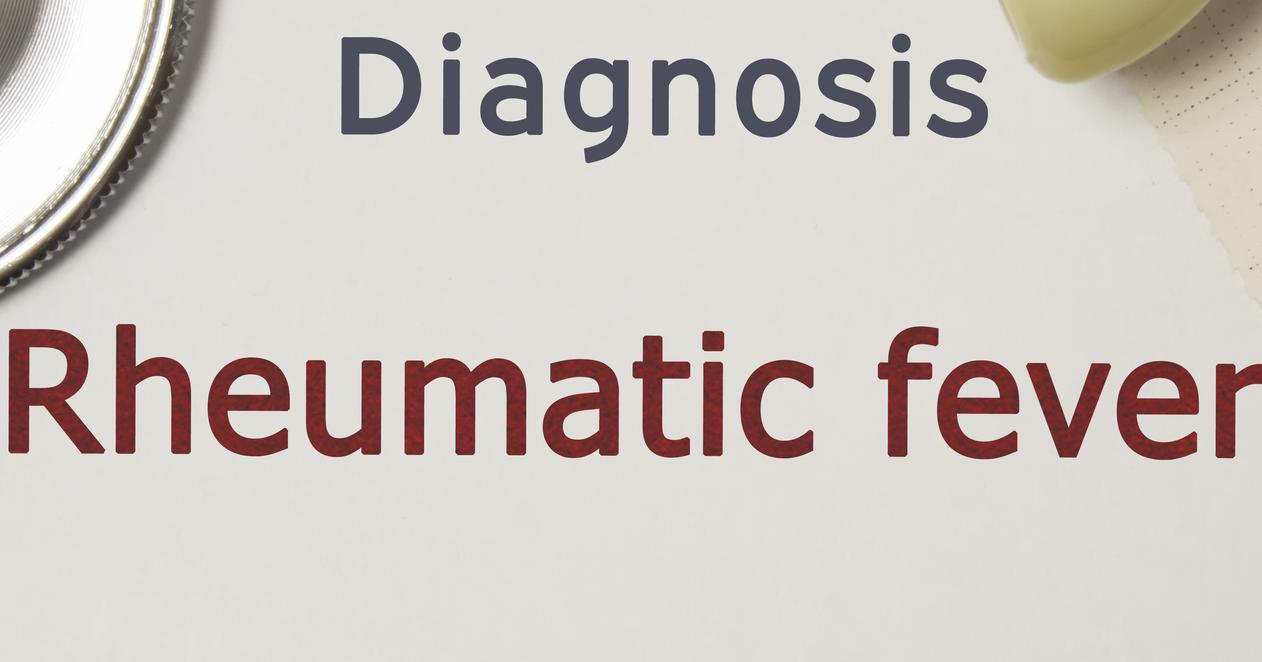Guide To The Causes Of Heart Murmurs
A heart murmur is a condition where an individual's heart makes swishing or whooshing sounds during the cycle of their heartbeat. These noises are only able to be heard through a stethoscope and are caused by the turbulent movement of blood in the heart. The normal noises that are made by the heart during the heartbeat are described as 'lubb-dubb' when the valves of the heart are closing. In many cases, heart murmurs are benign and do not require any form of medical treatment. However, some patients with a heart murmur may need more extensive testing to determine if the murmur is being caused by a serious underlying heart problem. The symptoms that occur alongside a heart murmur are indicative of its underlying cause. Treatment for a heart murmur is also geared toward treating the underlying cause of the heart murmur.
Exercise

Some heart murmurs can be caused by exercise and other conditions where the blood flows at a high rate of speed through the heart. This type of heart murmur is referred to as an innocent heart murmur or physiological heart murmur where the noise is present, but there are no structural defects or abnormalities in the heart. It is thought that this form of exercise-induced heart murmur is a sign of enhanced cardiovascular fitness and not a heart abnormality. The heart of an athlete who undergoes intense training may become slightly enlarged as an adaptive measure to these exercise regimens. This slight enlargement allows the heart to pump a greater volume of blood with every beat. This higher than normal amount of blood flowing through the heart upon each beat can even be as significant as a gushing noise heard through a stethoscope. This type of heart murmur is most prevalent among young individuals and those who participate in endurance and aerobic sports. The way this form of heart murmur can be distinguished from a dangerous heart murmur is by listening to the pitch and timing of the murmur.
Uncover more causes of heart murmurs now.
Rheumatic Fever

Rheumatic fever can negatively impact numerous tissues around the body of the connective variation, including those of the heart, skin, joints, and brain. When an individual's heart is affected by rheumatic fever, it is usually associated with damage to the mitral valve or aortic valve. Heart valves are structures in the heart made of connective tissues that contain several leaflets. These valve leaflets open and close to allow blood to flow in and out of the chambers correctly. When the leaflets that make up the heart valves become infected by the bacteria that cause rheumatic fever, they can become damaged and scarred. The damage and scarring of the heart leaflets can cause them to become abnormally stiff or too loose to close properly. The valve abnormalities can cause blood to flow backward or forwards in an irregular and turbulent manner. These irregular movements of the blood in an affected individual's heart can produce a heart murmur.
Continue reading to learn more about what can cause a heart murmur now.
Hyperthyroidism

Hyperthyroidism is a medical condition where the thyroid gland produces an excessive amount of thyroid hormone inappropriately. Nearly every process in an individual's body is sped up when more thyroid hormone is produced. Common symptoms include frequent nervousness, heat intolerance, fast heart rate, problems sleeping, excessive hunger, and weight loss. However, untreated hyperthyroidism induces more havoc on the heart muscle and cardiovascular system than just elevating the heart rate. An excess of thyroid hormone causes the heart muscle to work harder than it would otherwise. An overstimulated thyroid gland can produce marked disturbances in a patient's heart rhythm. Overworking the heart can also produce issues with how the valves work. Valve leaflets can become worn out and too thin, or they can become too stiff. Both problems with the valve leaflets can produce a heart murmur because the blood is not able to flow through them properly. Blood can flow backward in the wrong direction, producing a sound referred to as a heart murmur.
Get more details on the various causes of heart murmurs now.
Septal Defects

The septa are the walls of the heart muscle that separate the left side and right side of the heart. A septal defect is a hole in the septa that allows the flow of blood between both the left and right sides of the heart. Septal defects can be present in the septa that separate the left and right atria of the heart, in the septa separating the left and right ventricles of the heart, or in both. Most defects of the septa produce a shunting of blood from the left to the right side, which means blood that has already circulated through the lungs is forced back into the lungs. The abnormal flow of blood through an affected individual's heart due to the presence of a septal defect often causes an extra sound that can be heard with a stethoscope. An individual's heart murmur can vary in numerous characteristics depending on the exact location, size, and shape of the septal defect.
Uncover more causes of heart murmurs now.
Endocarditis

Endocarditis is a condition where an individual's interior heart lining becomes inflamed. Most cases of endocarditis are the result of an invasion by bacteria. The bacteria that have entered the body through an unrelated means move through the blood to the heart, where they attach to any pre-existing unhealthy tissue in the lining. Once attached, the bacteria wreaks more havoc on the heart muscle, causing valve damage and other problems. Endocarditis can cause the leaflets of the heart valves to accumulate fibrous and dense tissue as the body attempts to repair any damage caused by the infective bacteria. When this scar tissue accumulates on the leaflets, the valve cannot close properly. When the heart valve leaflets are unable to close properly, blood leaks backward through them when it should be obstructed from flowing in such a direction. This backward flow of blood can cause an individual to develop a heart murmur.